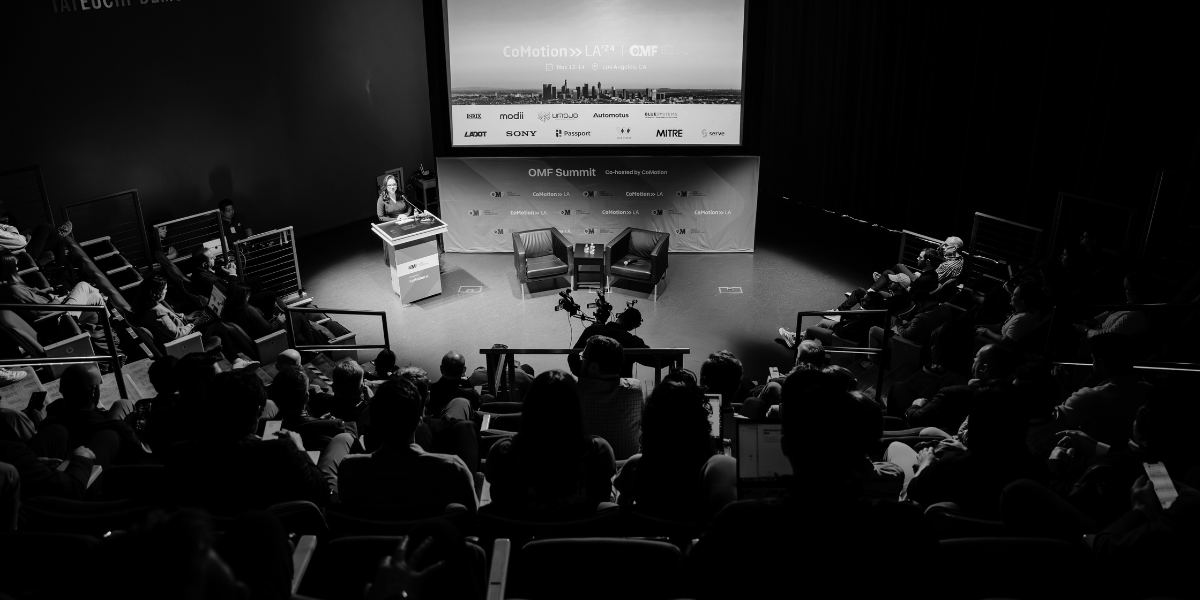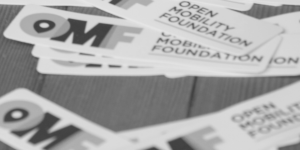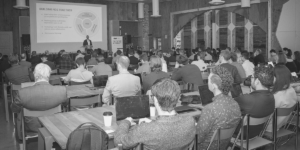This year’s OMF Summit at CoMotion LA brought together visionaries, government leaders, private sector innovators, and community advocates to reimagine how we move through cities. Through panels, workshops, and candid conversations, we explored how data and collaboration can drive better outcomes for cities and their residents. Here are the top takeaways from this year’s event:
1. Collaboration is Non-Negotiable
Time and again, we heard that collaboration is the key to success. Whether it’s fostering public-private partnerships, engaging residents, or breaking down silos across city departments, working together is how we solve the biggest challenges. Cities around the globe — from Los Angeles and Seattle to Philadelphia, Amsterdam, and beyond — demonstrated how co-creating solutions leads to safer streets, smarter infrastructure, and more equitable communities.

2. Data is the Launchpad for Innovation
Data-driven decision-making isn’t just a buzzword — it’s how we make our streets safer and more accessible. And it’s not just about more data, but having better data. Without accurate data, cities and companies lack the information to deliver the best outcomes to customers and communities. The Curb Data Specification (CDS) and Mobility Data Specification (MDS) are empowering cities to share and analyze data in ways that inform better policies, foster public trust, and enable businesses to build solutions that meet real needs.
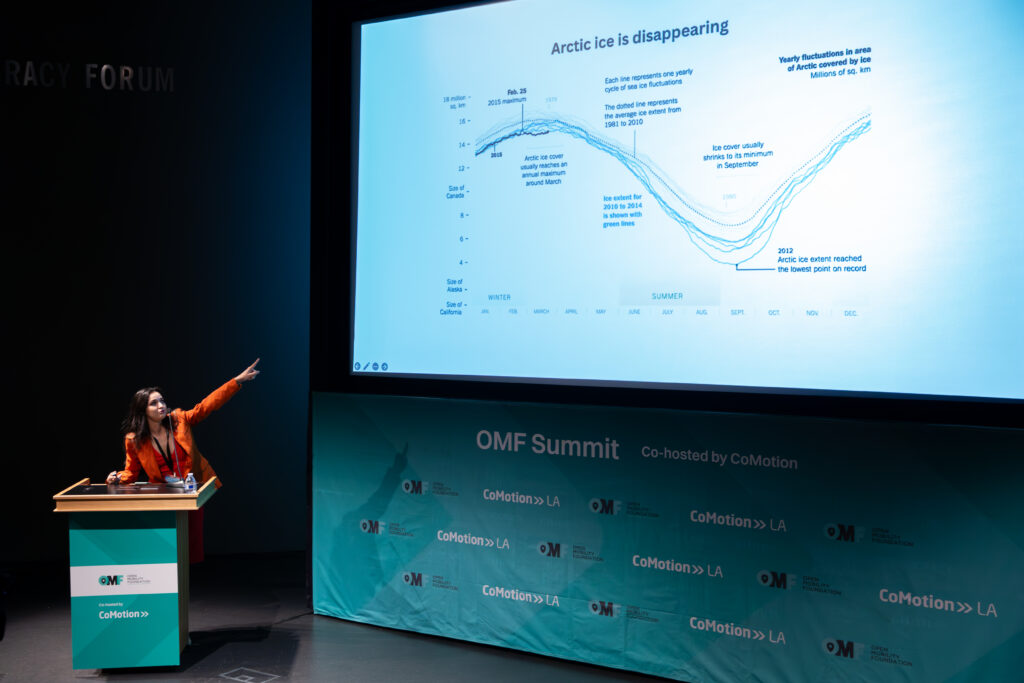
3. Pilots Must Lead to Lasting Change
From SMART grant-funded curb digitization efforts to launching new mobility services, the Summit highlighted the importance of designing pilots with scalability in mind. Speakers shared how successful pilots — like zero-emission delivery zones and dynamic curb pricing — can have the power to break down barriers within city governments and set the stage for long-term transformation. We know it’s critical to try new things, fail, learn, and try again. But when a pilot succeeds it must be able to scale to lead to lasting change.
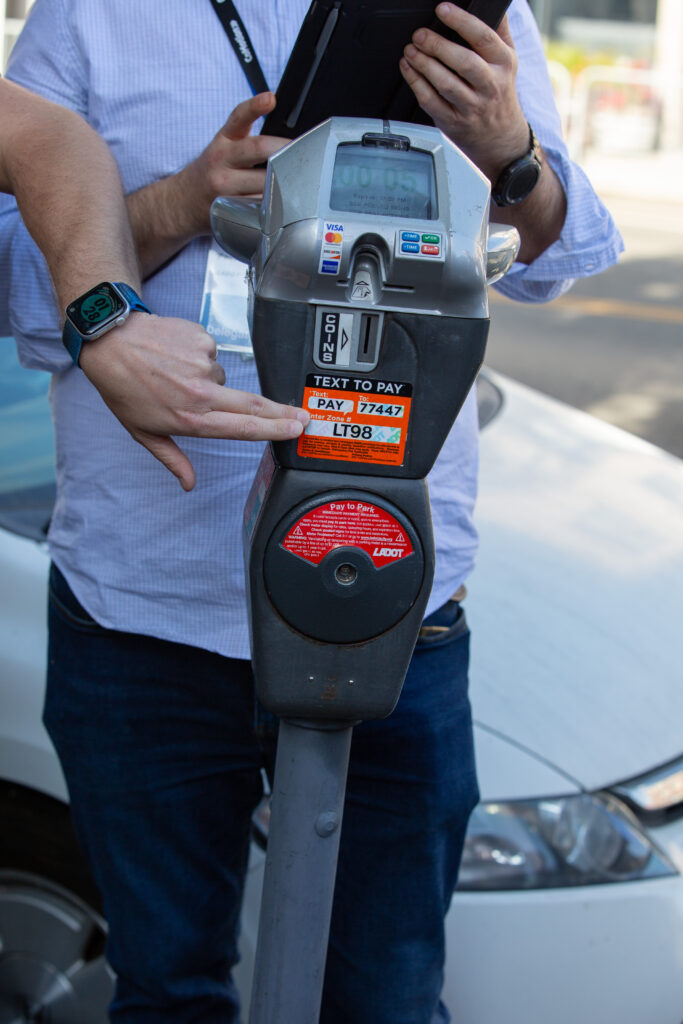
4. Civic Innovation Requires Bold Leadership
Leaders from the public and private sectors stressed the need for bold, visionary thinking. Whether leveraging innovative technology to improve public safety or using data to tackle climate change, the Summit reinforced the value of stepping outside comfort zones to create more livable cities and public spaces that are more equitable and sustainable for all. Civic innovation happens within public agencies and companies, and their leaders must be willing to prioritize the change management necessary to align the visionary thinking with results.
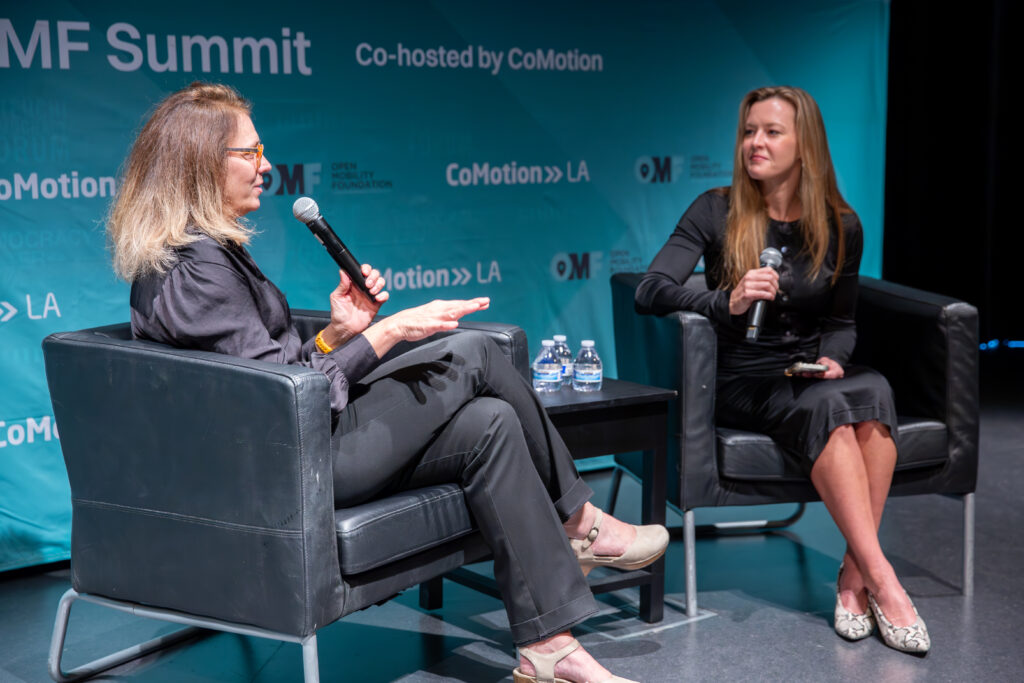
5. Convening is Our Strength
One of OMF’s core values is bringing people together to solve problems collectively. The Summit reinforced how powerful it is to have diverse perspectives in the room — city officials, private companies, academics, and advocates all contributing to a shared vision. Our community’s strength lies in this convening power, which creates the foundation for actionable solutions.
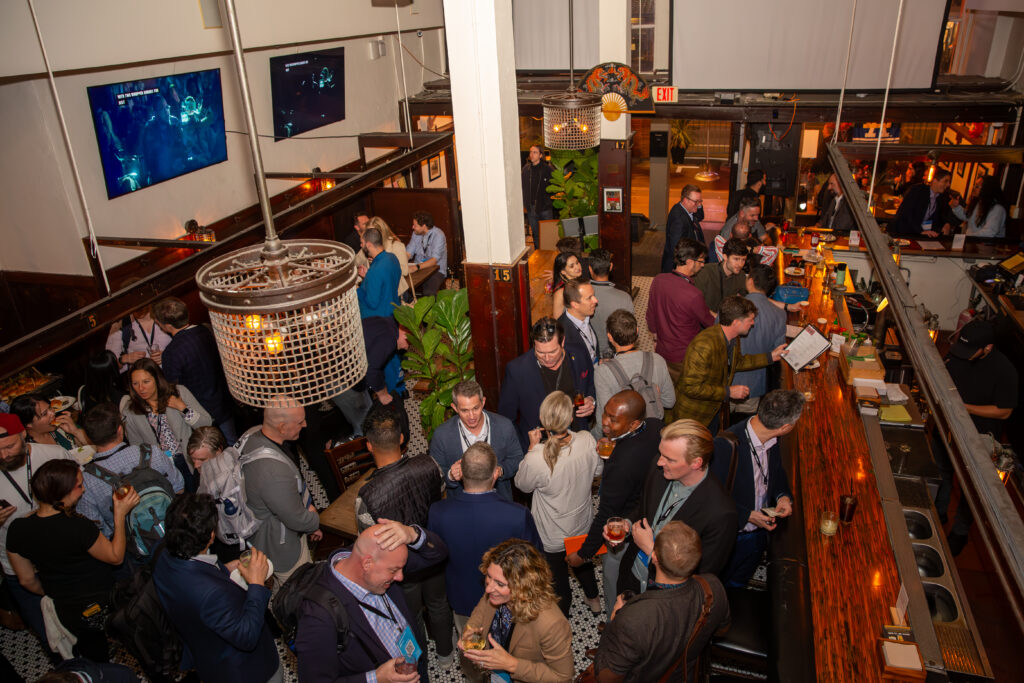
Looking Ahead
As we close another impactful Summit, it’s clear that the future of mobility depends on continued collaboration, innovation, and a shared commitment to better data. The OMF aims to maintain this momentum in 2025 to build smarter, safer, and more inclusive cities.
Thank you to all our speakers, attendees, and sponsors for making this year’s event a success!
To learn more about partnering with us for next year’s OMF Summit or any of our events, drop us a line.

